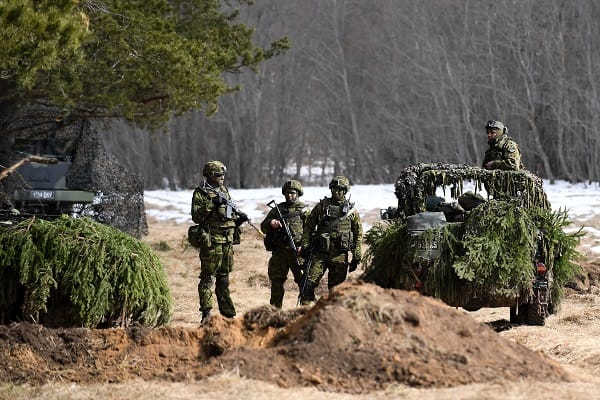
"Recruits who join the British Army in September will be learning new techniques as part of their basic training in preparation for their service of Peace Support Operation in Ukraine. The British Armed Forces will train with at least six "coalition of the willing" EU countries who will train Ukrainian forces in the West of Ukraine and will be a deterrence against Russia, with the aim being to help bring peace."
"The new recruits will learn trench warfare and will also be trained in drone warfare and medical training will include serious injuries, as casualty evacuation using helicopters is unlikely to be used amid fears of Russian forces downing them. Chemical warfare training will be a priority as Ukraine has reported more than 10,000 cases of Russian using such agents in the battlefield."
"The training will no longer be taught in company attacks, but instead will operate in strike teams of six and will learn to operate drones and how to scan the ground. There are currently 3,000 trained drone pilots and the Ministry of Defence is set to train a further 6,000. The former SAS commander and Chief of the General Staff, Gen Sir Roly Walker has previously warned that the British Armed Force must be ready for war in Europe within a few years."
September intake recruits at Army Training Centre Pirbright and Catterick Garrison will train in trench warfare, drone warfare, and medical care for serious injuries. Training will prioritize chemical-warfare response after the Security Service of Ukraine documented more than 10,000 alleged uses of chemical agents. Helicopter casualty evacuation is assumed unlikely amid fears of aircraft being downed, so casualty procedures are adapted. British forces will train alongside at least six willing EU countries to support Ukrainian forces in western Ukraine and deter Russian aggression. Small-unit tactics will shift from company attacks to six-person strike teams, and drone pilot numbers are set to increase.
Read at London Business News | Londonlovesbusiness.com
Unable to calculate read time
Collection
[
|
...
]